Stories are not just child’s play; they give us our voice, our place in history, our identity. A story, is powerful, because who writes it, whose story gets represented and recorded has shaped history, has shaped how we look at the world, at each other. And above everything, how we look at ourselves. That is why Dalit literature deserves to be discussed much more widely in India than it has so far.
How did the history of Dalit literature begin?
Although Dalit literature originated in Maharashtra from the 1950s – 1960s, the genre, that gave expression to a historically suppressed community, has emerged in all Indian literatures, from Tamil to Hindi, Bengali and Gujarati, revealing how caste was deeply embedded in the brown psyche and culture.
While not restricted to, early Dalit literature and writings gave voice to “anxiety of a Dalit psyche, the Dalit community’s bondage with Mother Nature, “angry outbursts” against uprooting them without compensation, the paradoxes of caste dis-crimination in religious space, as well as modernized government bureau-cracies.” (Soumitra Chakraborty in Margin Speaks: Indian Dalit Literature. A Review of Writing as Resistance: Literature of Emancipation, ed. Jaydeep Sarangi).
This wave of Dalit literature, fuelled by Dr. Babasaheb Ambedkar’s revolution against caste hegemony, was carried on in a wave of writing from poetry, prose, fiction to autobiographies of a raw vigour, maturity, depth and richness of content These words were shocking in their exposition of the bitterness experiences, jolting readers by the quality of writing of a group denied access for long ages to any literary tradition.
What we know today as Dalit literature is really modern Dalit writing.
But anti-caste writings did exist before that. One of the first Dalit writers was Madura Chennaiah, the 11th century cobbler-saint who lived in the reign of Western Chalukyas and who is also regarded by some scholars as the father of vachana poetry. Then there is Dohara Kakkaiah, a Dalit by birth, six of
whose confessional poems survive to date.
Over the years, more and more voices have emerged, bringing books, poems, and stories which highlight not just the struggles but also the lives, culture, and traditions of the Dalit community, moving beyond the scope and tone set by the seminal Waiting for A Visa by BR Ambedkar.
This curated list covers a fraction of Dalit literature translated into English from the various languages of India. As with all our book lists, this one is to be considered as a work in progress.
Indian literature, no matter how you section it, slice it and categorise it, is a vast well, unending. Our mission has always been to help you start the discussion and discovery of diverse books; not to become the final authority on dalit literature or indian literature or any list we put out.
A note on our research process: We are cognizant that the internet has an English bias; in order to be more inclusive from our vantage (sitting in Mumbai), we broaden our research to include research papers and publisher lists from each language of India, running different search queries each time. The process is rigorous, and AI now helps a little, but the labour of fact checking is long.
In curating this list of books from Dalit literature, we also kept in mind the diversity of formats to include; for instance, there may be lots and lots of autobiographies in the literature of each language, but we have included only a couple, to make room for poetry, fiction, and other formats. We have also only included books for which translations are available. While we are working on cataloguing books in their source language as well, that is a mammoth exercise and we are ill-equipped to take on the task
If you think there is value our work, please consider supporting us in any way you can. Write to me prakruti[at]purplepencilproject[dot]com and we can chat about it!
And now, adding to your TBR and must-read pile. Click on the book cover and you should see a pop-up with relevant details.
We encourage you to buy books from a local bookstore. If that is not possible, please use the links on the page and support us. Thank you.

Title: Days will Come Back
Author: Kamal Dev Pall Translator: Rajinder Azad
Publisher: Panther’s Paw Publication
Blurb: Days Will Come Back is probably the first Punjabi Dalit poetry collection which has been translated into English. Poems in it are simmering with the smell of revolution that the soil of Punjab has begotten among many of its children. In this, the voice of a Dalit Punjabi is very distinctive and a refreshing change of narrative from the otherwise upper-caste dominant stories that emerge from the region.
Price: Rs. 250 || Pages: 50
Title: Spotted Goddesses: Dalit Women’s Agency-Narratives on Caste and Gender Violence
Author: Roja Singh
Publisher: Zubaan Books
Blurb: Spotted Goddesses is an ethnography of caste, gender and Dalit women’s leadership. Situated within the ambit of transnational feminisms, this book is rooted in interactions and lived experiences of Dalit women in Tamil Nadu. Singh’s intersectional perspective as a Dalit woman provides a consummate analysis of the power structures that shape the foundation of caste dominance in South India today. She describes strategies of social change in Dalit women’s activism as embedded in the urge to upend and subvert imposed identities of ‘difference’ in a mode of resistance which fearlessly thwarts social compartments and punishment traditions.
Built around a powerful core which is primarily shaped by Dalit women’s songs, and oral and written testimonial narratives, including Singh’s personal story, this interdisciplinary work is a searing vindication of Dalit women’s right to rise and rage against the shackles of Brahminical patriarchy.
Price: Rs. 316 || Pages: 795
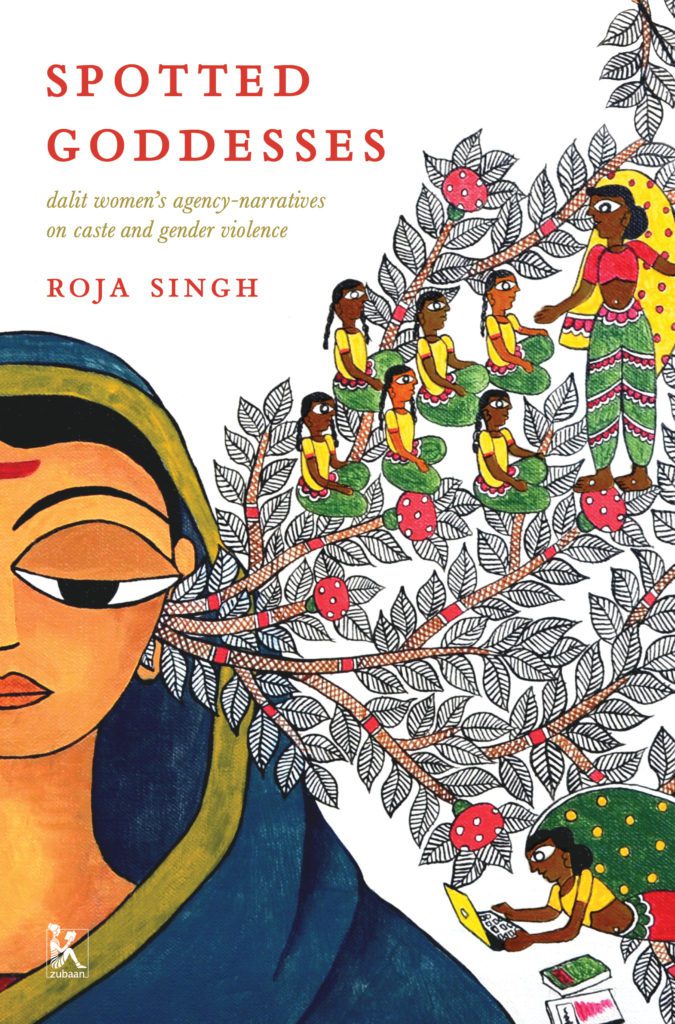

Title: Bheda
Author: Akhila Naik
Publisher: Oxford University Press
Blurb: Bheda means a sense of difference, one that’s deeply ingrained in our society; the caste hegemony that has led to economic exploitation, cultural subjugation, social discrimination and political powerlessness of Dalits in Odisha over decades and is an important work in Dalit literature
“The entire village was in an uproar when the news spread that Laltu had beaten up Yuvaraj. How dare a Dom boy thrash the gauntia’s nephew, a Teli? The Telis set out to seek revenge by breaking Laltu’s limbs.Conscious of the plight of the Dalits and the lower castes and hoping to improve their lot, Laltu leads an uprising against the upper castes. Does he succeed? Or is he silenced and crushed by caste power?Set in a remote village in the Kalahandi district of Odisha, the story draws from the real, lived experiences of the region’s Dalits. Bheda, the first Odia Dalit novel, is not only a poignant tale of rebellion and betrayal, it is also a record of the caste atrocities and cultural politics that have defined India.”
Akhila Naik’s 90-page Bheda published in 2010 is considered to be the first Odia Dalit novel, and is centred around caste violence.
Price: Rs. 199 || Pages: 88
Did you know: The first known Dalit novel to be published was Abhinav Prakashan’s Fakira, by Annabhau Sathe.

Title: The Lost Heroine
Author: Vinu Abraham || Translator: C.S. Venkiteswaran and Arathy Ashok
Publisher: Speaking Tiger Books
Blurb: A fine book of Dalit literature, The Lost Heroine is about a girl growing up in a district in Kerala, spinning idle dreams as she worked in the fields, Rosy had never been to the cinema. Her only brush with fame had been to act in the local Kakkarissi plays. So when Johnson Sir, her well-to-do neighbour, asked if she would like to play the role of heroine in a movie his friend Daniel was making, Rosy could scarcely believe it. In a matter of weeks, Rosy is transformed into Sarojini—the beautiful Nair girl who lived in a grand tharavad, wore mundus and blouses of the finest silk and gold jewellery from head to toe. Rosy’s dream world comes to an end when the last scene is shot. A harsh reality awaits her when the film is screened at the Capitol Theatre in Trivandrum. There is shock and horror in the audience as the film rolls. All hell breaks loose, and Rosy narrowly escapes death only to spend the rest of her life in anonymity. It is only in a forgotten roll of film that her story lives on. The story of Vighathakumaran (The Lost Child), the first film ever to be made in Malayalam, in the year 1928.
Price: Rs. 256 || Pages: 176
Title: My Father Baliah
Author: Y B Satyanarayana
Publisher: Harper Collins
Blurb: Poised to inherit a huge tract of land gifted by the Nizam to his father, twenty-one-year-old Narsiah loses it to a feudal lord. This triggers his migration from Vangapally, his ancestral village in the Karimnagar District of Telangana the single most important event that would free his family and future generations from caste oppression. Years later, it saves his son Baliah from the fate reserved for most Dalits: a life of humiliation and bonded labour.
Price: Rs. 299 || Pages: 236
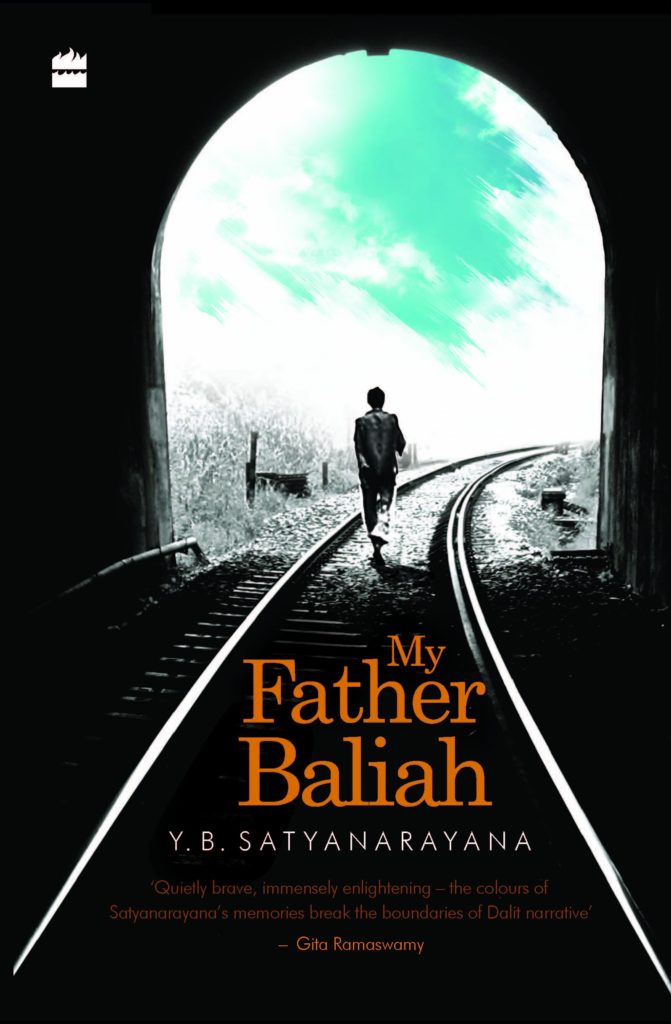
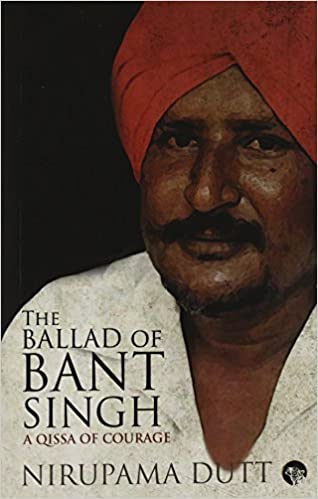
Title: The Ballad of Bant Singh: A Qissa of Courage
Author: Nirupama Dutt
Publisher: Speaking Tiger Books
Blurb: On the evening of 5th January 2006, Bant Singh, a Dalit agrarian labourer and activist in Punjab’s Jhabar village, was ambushed and brutally beaten by upper-caste Jat men armed with iron rods and axes. He lost both his arms and a leg in the attack. It was punishment for having fought for justice for his minor daughter who had been gang-raped. But his spirit was not broken, and he continues to fight for equality and dignity for millions like him, inspiring them with his revolutionary songs and his courage.
Journalist and writer Nirupama Dutt tells Bant Singh’s story in this powerful book which is both the biography of an extraordinary human being and a comment on the deep fault lines in Punjabi and Indian society.
Price: Rs. 249 || Pages: 224





















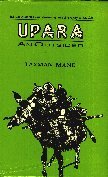
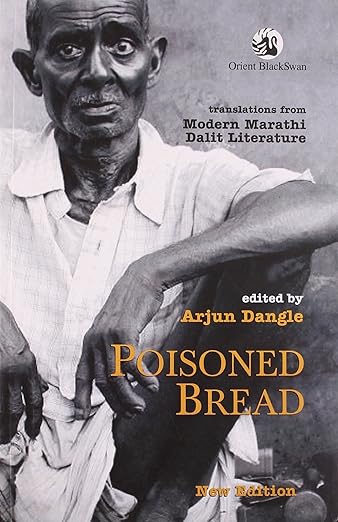


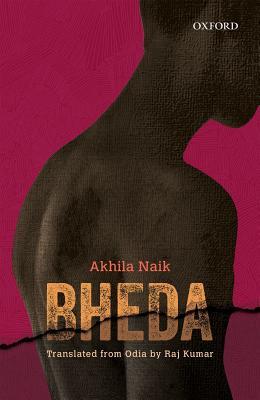

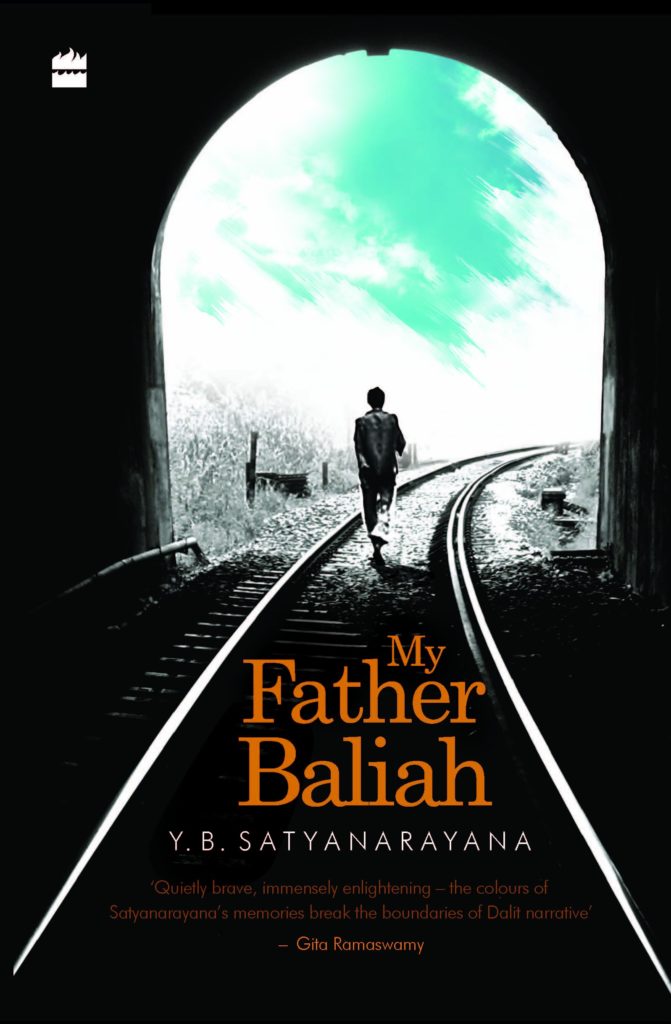


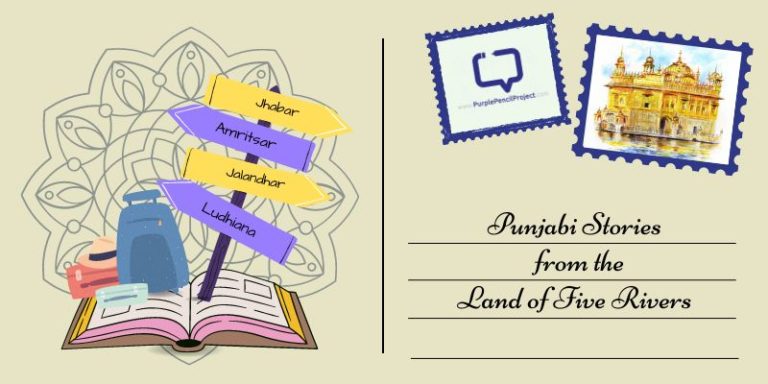
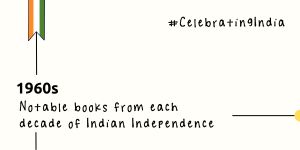


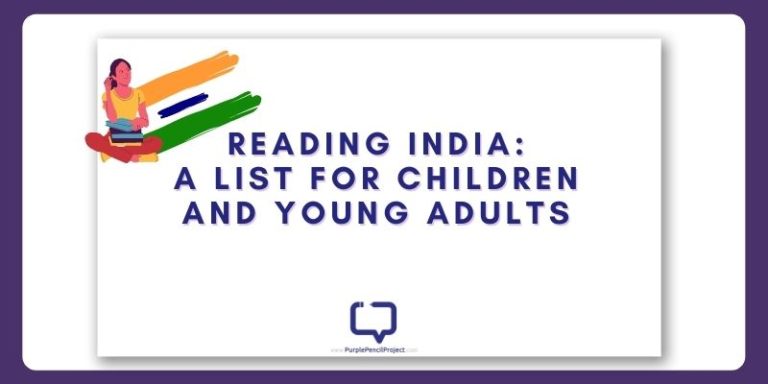
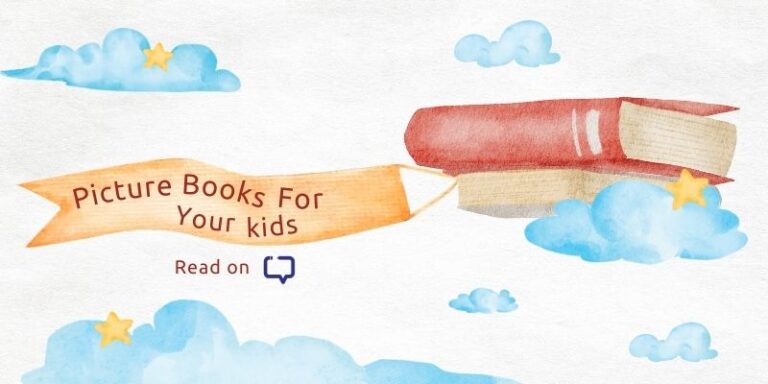


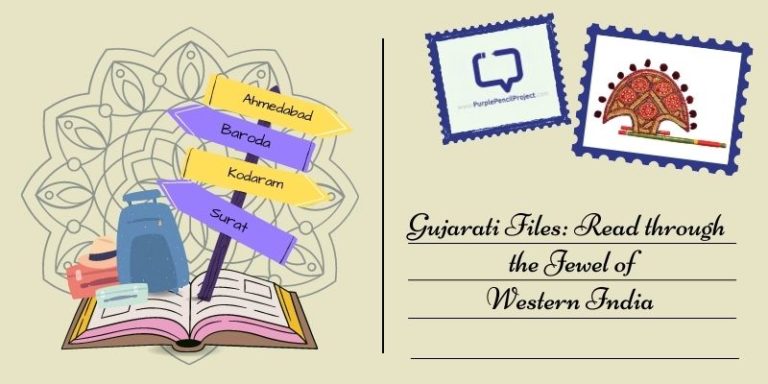



2 Responses
Very inspiring! Best wishes for a continued impact.
Neelam Publications is new venture started by the film Director Pa. Ranjith. May please visit them.
Will do so, thank you so much for pointing us to it